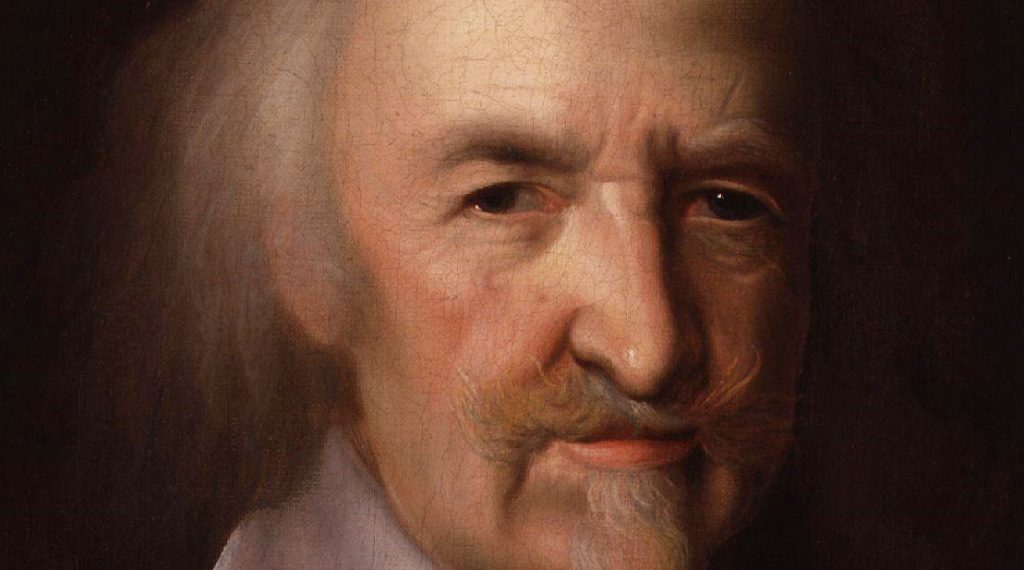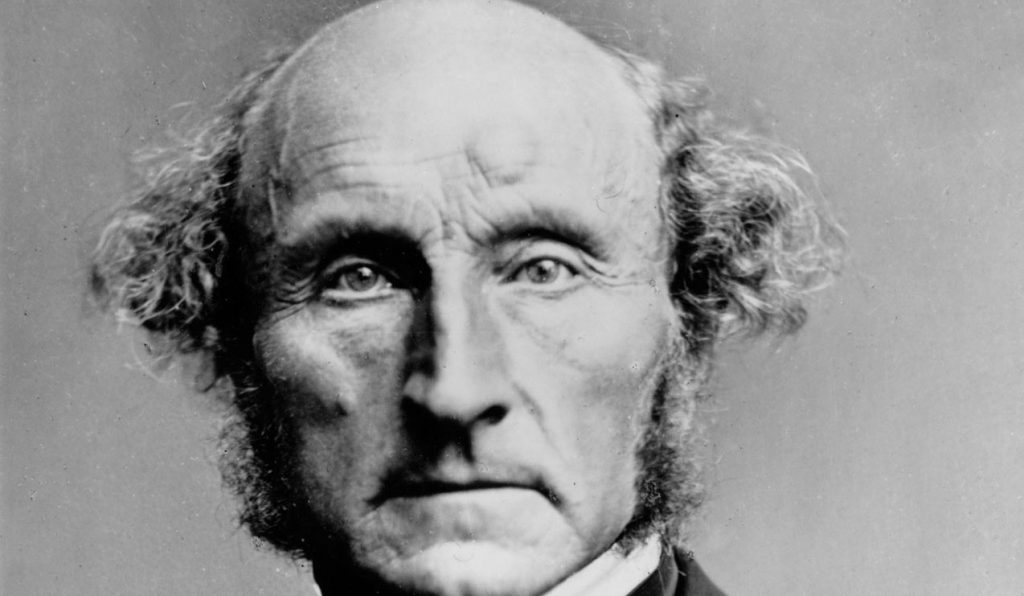From Plato to Thomas Paine, philosophers have made a major impact on human rights.
Over thousands of years, philosophers have contributed to our understanding of law, politics, and morality. But how have their ideas influenced the development of human rights?
Natural Law and Our Inherited Rights

Image Credit: Chris Lawton / Unsplash
Natural law is the idea that some rights are an inherent part of being human, and it can be traced all the way back to Aristotle (384-322 BC). The Greek philosopher believed that there was a natural moral order, which should provide the basis for all truly rational systems of justice. The universality of human rights is reflected in his argument that natural justice “is that which has the same validity everywhere.”
The Dutch jurist Hugo Grotius (1583–1645) also based his philosophy of international law on natural law. He believed nature was God’s creation, but that “even the will of an omnipotent being cannot change” natural law. The influential Enlightenment philosopher John Locke (1632–1704) argued that natural law originates from God. The idea that some rights are universal and innate continues to be important today.
The Very Basics of Our Society
 Thomas Hobbes. Image Credit: John Micheal Wright / Wikimedia
Thomas Hobbes. Image Credit: John Micheal Wright / Wikimedia
Many philosophers have asked how society originated and what makes a government’s authority legitimate? Plato (428–348 BC, though these dates are up for debate) argued that we have an obligation to obey laws because they make life possible. He also said that staying in a society implies an agreement to obey its laws.
Thomas Hobbes (1588–1679), one of the founding fathers of modern political philosophy, helped develop the idea of a social contract. He argued that, for the sake of self-preservation, citizens give up their liberty in exchange for protection from the Sovereign.
Hobbes suggested that, without a government, people would engage in a “war of all against all.” His conclusion was that the stability provided by government justifies sovereign power. A social contract is the idea that we willingly give up certain freedoms in exchange for security. This view of society still plays a role in how some philosophers think about law.
A Cornerstone of Human Rights
 Image Credit: Karl Fredrickson / Unsplash
Image Credit: Karl Fredrickson / Unsplash
Liberalism is a political worldview that emphasises the importance of liberty and equality. It arose during the Enlightenment when philosophers began to challenge ideas like state religion and absolute monarchy. Liberals believed that individuals have rights because all people are moral equals.
The American liberal philosopher and activist Thomas Paine (1735-1809) helped create the modern understanding of human rights. He argued that the legitimacy of government depended on the consent of its citizens. Paine also advanced the idea that all people have rights which must be protected by government. Over two centuries after his death, these ideas remain a cornerstone of human rights.
Utilitarianism and the Greater Good

Image Credit: Public Domain / Wikimedia
In Utilitarianism, the effects of an action determine whether it is morally right or wrong. The goal is to obtain “the greatest happiness for the greatest number.”
English philosopher John Stuart Mill (1806—1873), was an influential advocate of utilitarianism. He argued that individual rights helped support wider interests and liberties. Now, many philosophers argue that utilitarians struggle to justify human rights. They reason that some utilitarians believe individual rights must give way when the benefits outweigh the consequences. However, John Mill believed that rights could be used in moral reasoning. This, in turn, would help protect interests and liberties.
Idealists and the Power of the Mind
 Image Credit: Jonathan Daniels / Unsplash
Image Credit: Jonathan Daniels / Unsplash
Idealism is a complex branch of philosophy with many different and competing ideas. However, at its core, it argues that everything we know about the world comes from the mind. Rather than extracting truth from the objects around us, our ideas are structured by perception.
The German Georg Wilhelm Friedrich Hegel (1770-1831) was a prominent idealist philosopher. He argued that the state is the manifestation of freedom and that the collective must always take precedence over the individual. This lead to criticism that he was a ‘state-worshiping authoritarian.’
However, other philosophers disagree, pointing to Hegel’s main argument that, in a just social order, universal freedom and equality will reign.
The Human Rights Instruments

Image Credit: Free-Photos / Pixabay
These philosophies have helped lead to the development of human rights instruments like the Universal Declaration of Human Rights and United National Charter. Both of these documents paint a portrait of rights as inherent and inalienable. This reflects natural law and liberalism, where rights are an essential part of being human. Aspects of the social contract also appear, as governments are encouraged to affirm human rights.
The idea of inherent rights is also seen in the International Covenants on Civil and Political Rights and Economic, Social and Cultural Rights. These “can only be achieved if conditions are created whereby everyone may enjoy his” rights. This is consistent with idealist recognition of the role of the state. Even utilitarianism plays a role, with human rights instruments frequently striving for the greatest good for the greatest number.
We owe a huge debt to these different philosophies, which laid the ground for human rights today.







